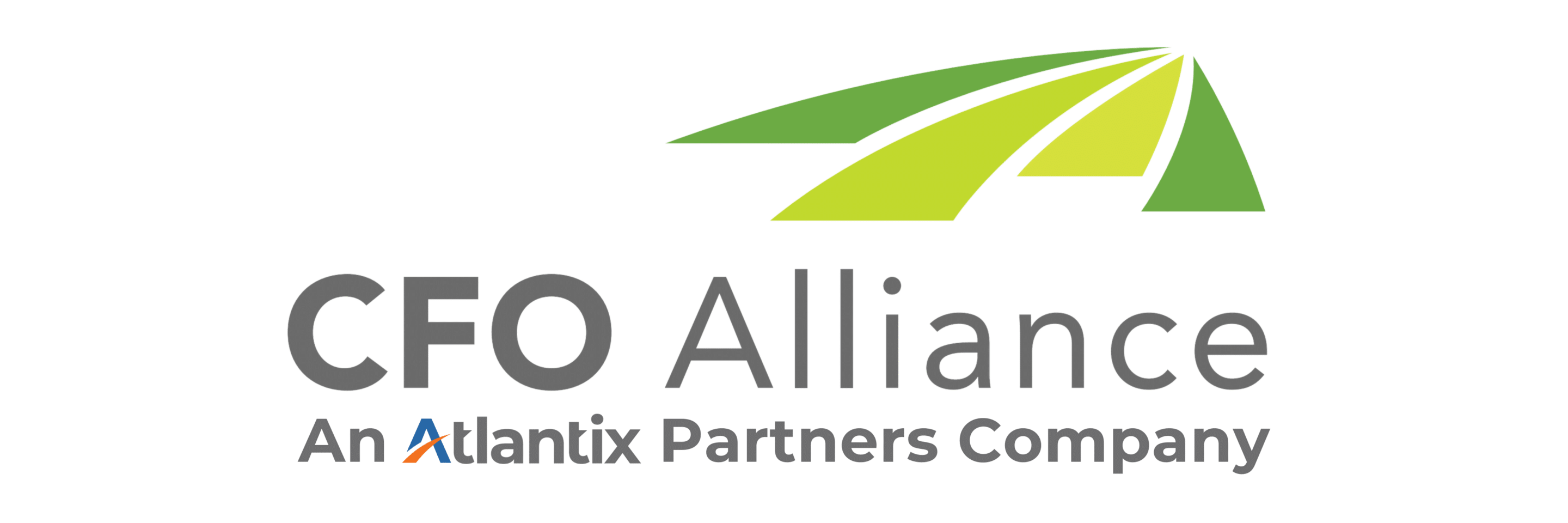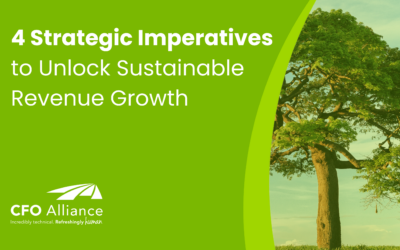The Best Way to Build is to Buy: Business Acquisitions in a Recession
If you were considering an acquisition or merger in the booming market of 2021, but now you’re backpedaling in the fluctuating economy of 2022, we’ve got great news for you. It may not be time to hit the emergency brake just yet. While the pace and size of deals typically slow down in an uncertain economy, a down market is often an excellent time to sell or acquire – if conditions are right.
According to McKinsey, the value of large deals fell 24% in early 2022 as compared with the previous year. This is likely due to the uncertainty of supply chain conditions, talent shortages, inflation, Fed rate increases, and other market pressures. Still, there is plenty of activity taking place, especially in tech, real estate, and industrial sectors. These industries have continued to close profitable deals, and companies that demonstrate strong profitability and cash flow are still highly sought-after assets.
What does this mean for your M&A strategy? It means that now is the time to take a close look at what’s happening in the market, identify factors that may have changed for your business, and take advantage of the potential for strong companies to make excellent deals in a less competitive market.
What Kinds of Acquisitions Make Sense?
Any acquisition that you consider must support your long-term growth strategy. If your company is in a strong financial position with excess liquidity, then it makes sense to look for acquisitive growth opportunities that satisfy a need for your business. Here are some opportunities to consider:
- Acquisitions that Increase Competitive Positioning – Look for innovative ideas and good companies that have stalled due to market conditions. For example, it might make sense to acquire a company that is solving a key supply chain problem in your industry. Targets should have a strong business model that can create opportunities for you to fill a need in the market or a gap in your operations.
- Consolidation Plays – M&A isn’t just for the biggest players in your industry. Mid-size companies of $10 or $20M companies can still be acquisitive, and consolidation opportunities are often great ways to increase your value to the market. Stay tuned in to activity in your industry to see if other companies are moving this way. Consolidation can be an excellent way to grow quickly while also gaining competitive advantage.
- Horizontal Integration – Are there opportunities for you to acquire competitors in the same market? Can you integrate with other companies that offer similar products or services? These types of horizontal integrations can help you outperform competition, boost profits, and expand your operations quickly as part of an intentional growth strategy.
- Vertical Integration – Look for opportunities to bring additional supply chain operations or services under your umbrella. Will a vertical integration strategy make you more attractive to customers than your competition? This is a great way to broaden your offerings, while increasing efficiency and lower costs by creating financial and operational synergies.
- Cultural Fit – As you consider acquisition targets, spend some time getting to know the cultural drivers of the company. A target might seem like a great fit on paper, but if leadership isn’t aligned then the acquisition won’t produce the desired outcome.
Ask These Questions as You Plan Your M&A Strategy?
Is acquisition the right move for you? Here are some key questions to ask:
Market Intelligence
- How has the market impacted my acquisition strategy?
- Does it change where I should focus my M&A strategy?
- What’s different today than it was a month ago or a year ago?
- Does the underlying valuation of the target company correctly measure realistic revenue potential?
Financial Positioning
- Is my business in a good financial position to pursue M&A?
- Do I have a strong balance sheet, a well-defined corporate budget, and access to capital?
- Is the target company a good fit for my financial goals?
- Do I need to invest in strategic value drivers such as tech enablement or digital transformation?
Industry Activity
- Is my industry ready for consolidation?
- Do I have the opportunity to be a first mover?
- If other companies are already consolidating, should I be the acquirer or the acquired?
Growth Strategy
- Do I have a clearly defined growth strategy for my business?
- Have I identified niche focus end-to-end markets, including product and service offerings as well as geographic markets?
- Do I know which companies can help me stay strategically relevant?
- Can I accurately predict that there will be acquisition targets that align with my growth strategy?
- Will those targets serve to multiply growth strategically rather than just adding additional revenue?
Talent and Integration
- Do I have the people and processes I need to absorb an acquisition?
- Can I integrate effectively to create economies of scale and add value?
- Do I have the resources and team I need to execute my vision?
Get the Right Support to Close Your Next Deal
Preparing for an M&A deal takes a tremendous amount of work on the financial side. Even if you already have a high-functioning finance department for day-to-day business, it takes a whole new level of financial leadership and execution to navigate a deal.
Outsourcing gives you the team, tools, and tech resources you need to manage all these needs effectively without the expense and time commitment of hiring internally. It’s the best way to get the finance leadership and execution you need quickly so you can close and maximize acquisitions.
At CFO Alliance, we specialize in helping founders like you manage M&A deals successfully from start to finish. Our team serves as an extension of your executive office so you can confidently navigate the acquisition process itself, support post-closing integration, consolidate budgets after the transaction, liaise with internal and external stakeholders, scale your finance function to capture critical data and analytics, and much more.
Contact us today to see how we can help you seize the right opportunities and get your deal across the finish line.
4 Strategic Imperatives to Unlock Sustainable Revenue Growth
4 Strategic Imperatives to Unlock Sustainable Revenue GrowthCreating long-term, sustainable revenue growth takes more...
Future-Proof Your Workforce with a Modern Talent Agenda
Future-Proof Your Workforce with a Modern Talent AgendaWhat does the future of talent look like? It’s a fair question,...
The Talent Behind the Tech: How Skills-Based Hiring Supports Technology Innovation
The Talent Behind the Tech: How Skills-Based Hiring Supports Technology InnovationStaying relevant with technology in...




